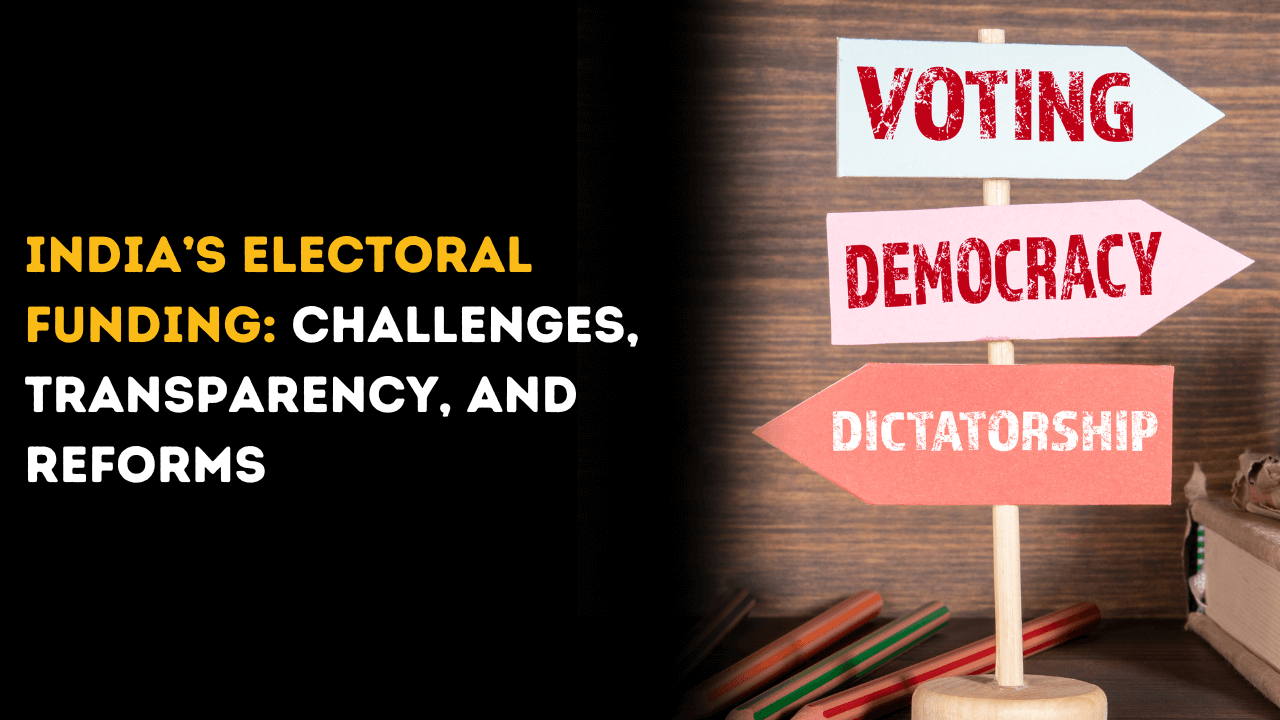India’s Electoral Funding: Challenges, Transparency, and Reforms
15 May 2024 2 mins Personal Finance

The complex nature of Indian elections relies significantly on individual and corporate contributions to fund many components of campaigning and political activities. In 2014, Prime Minister Narendra Modi promised to put an end to illegal political fundraising. In 2017, he introduced Electoral Bonds to increase openness in political financing. However, the Supreme Court has ruled against anonymous political donations, which could influence the 2024 race.
The Supreme Court's decision emphasized the importance of transparency in promoting effective voter choice. As instructed by the court, the State Bank of India must cease bond issuance and provide information to the Election Commission of India. This decision represents a significant step forward in the review of election funding arrangements.
Electoral bonds allowed political parties to acknowledge gifts without disclosing the donors' names. However, this caused difficulties in determining the source of funds, casting doubt on the transparency of financial contributions. According to current data from the Association for Democratic Reform (ADR), businesses contribute significantly to political parties.
Despite the need for transparency, taxpayer funds are utilized to issue bonds, and the State Bank of India profits from the transaction. Despite the protests, the administration went ahead with the bond program and used it as monetary policy.
The current increase in election spending and donations emphasizes the need for electoral reform. Notably, spending on the last six Lok Sabha elections increased nearly sixfold, from Rs 9,000 to more than Rs 55,000 crore in 2019.The use of government money to create bonds, combined with the State Bank of India's (SBI) profit from their sales, is viewed as inequitable.
Source: CMS Analysis & Estimation
Despite the registration of 2,858 political parties with the ECI, a minute percentage, merely 2.17%, currently holds official recognition. To lessen the unfair effect of financial contributions in future elections, donation restrictions, expenditure limits, public funding choices, and improved disclosure systems must be implemented. Accepting necessary adjustments is vital for increasing the overall effectiveness of the election system.
Reference - https://adrindia.org/content/india%E2%80%99s-electoral-funding-challenges-transparency-and-reforms
Personal Loans with clear terms and transparent fees.
Credit Cards with low interest rates and no surprise charges.